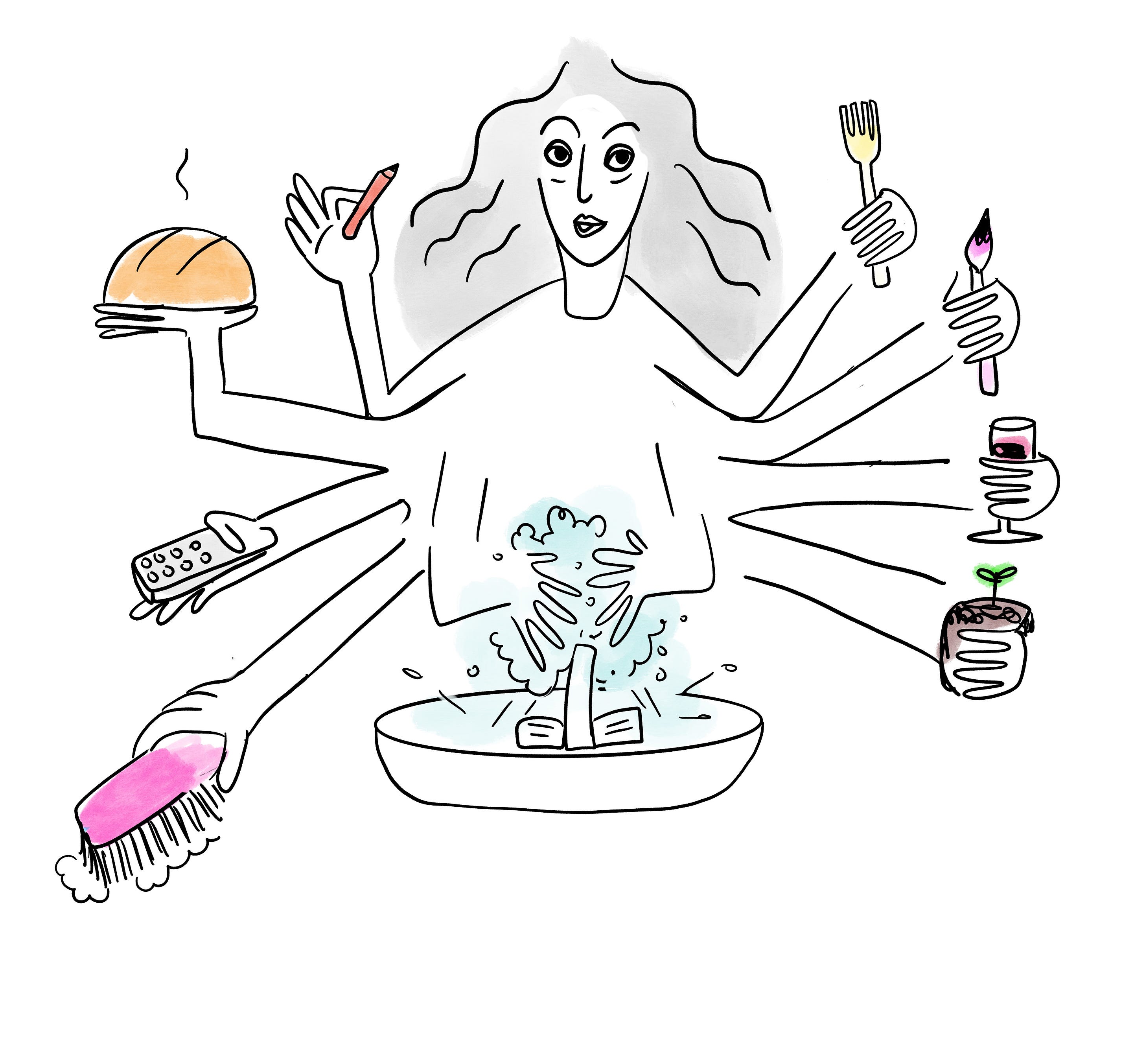 |
I used to be a music journalist. And to be honest, not a very good one at that. I’ll finally admit it here on the internet – I was one of those music journalists who was lousy at describing sound. Instead, I wrote about the culture around the music. More specifically, the culture around dance music. Talk about a specialist area.
When I went freelance, I quickly realised that maybe my niche was a little too niche. So I changed my specialism. I now write about working life. It might seem like a big leap, but on a mechanical level, it’s the same. I write about the culture of work, in the same way that I used to write about the culture of dance music. My inherent interests are in changes that happen in a community, what (or who) drives those changes and the resulting impact. The subject matter might change, but the foundation stays the same.
I’ve been reminded of how I changed my specialism recently as I’ve heard from lots of freelancers who want to change theirs right now. The pandemic is making it hard for some writers to write about their usual topics, so here are my tips on how to change your specialism:
Give yourself permission to write about something new
I was lucky enough to learn one of the best-kept secrets about being a writer early on in my career: You don’t have to write about the same thing for your whole life.
I’ve been writing professionally for more than ten years now and in that time I’ve written about music, business, technology, politics, education and culture. To my mind, it’s one of the perks of the job to be able to switch up what you write about every few years. I’m a specialist in a random array of topics and I love that.
I say I was lucky to learn this lesson because I know that otherwise, I wouldn’t have given myself permission to see writing about something new as part of the job. The hardest part about changing your specialism is granting yourself that permission.
It’s just marketing
As a freelance writer, the challenge isn’t learning how to write about a new topic or beat, it’s letting others know that you do it.
As I’ve mentioned, I’ve written about lots of things in my career. Some of the switches of specialism happened while I worked in-house, others happened while I was freelance. Both demanded the same thing – to show someone else I was capable of making the switch.
I moved from a staff job writing about education to one writing about health. I had to demonstrate in my application and interview that I had the transferrable skills to needed for the new role. The skills themselves were there, I just had to show I knew how to repurpose them.
In the logistical sense, it’s actually easier as a freelancer to change your specialism. It’s really just a matter of updating your Twitter bio and LinkedIn and pitching yourself as your new specialism. The real challenge is the emotional one, the part where you have to market your new specialism to yourself.
The rule of threes
Whenever I pitch something, whether it’s for editorial work or commercial, I only ever include three examples of previous work. And I can say with confidence that all you need is three clips.
As for what those three clips should be, my rule is they have to do one of three things. Either the clip needs to be from a publication well-known to that editor; be in a similar style (so features for features), or be on (or around) the topic you're pitching. Any combination of those three will do the trick.
Start in your inner circle and work outwards
Start moving into your new specialism by starting from the periphery of your current one. For example, I was already writing about the business of music when I was a music journalist. So the leap to writing about business in other areas wasn’t that big.
If you’re a travel writer who wants to start writing about technology, can you start with some technology stories about the travel sector? If you’re an arts journalist who wants to start writing profiles, can you profile a sculptor? You’ll feel a little more comfortable and be able to pitch to your existing editors.
Start at the edge of your comfort zone and inch out of it.
The List
On this week’s episode of Is This Working, my podcast about the messy parts of work, we interviewed the brilliant Laura Jane Williams about finding joy in work.
I’ve made the audio available from Wednesday’s subscriber-only virtual panel on how to start a new revenue stream. If you’re a subscriber and didn’t make the panel, you can catch up with it right here :)
The Pied Piper is a victim of the gig economy. I didn’t know whether to laugh or cry reading this.
This week I was on the Guards of Eden podcast, talking about my freelance journey and how Tiffany Philippou is my soulmate.
Struggling to get anything done in lockdown? You’re probably suffering from allostatic load
Calls for pitches




Testimonials




